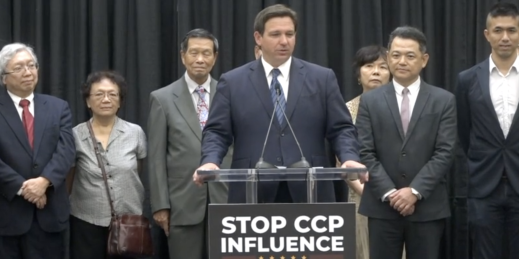United States Archive
Free Newsletter
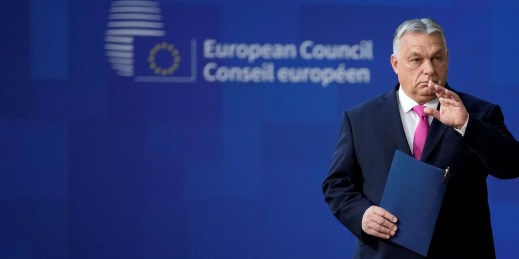
The parallels between the current challenges facing the U.S. and EU, particularly when it comes to obstruction from far-right populists, has reinforced a tendency to equate the problems faced by both systems of government. However, the EU is suffering from a chronic but manageable affliction, while the U.S. has an acute condition.
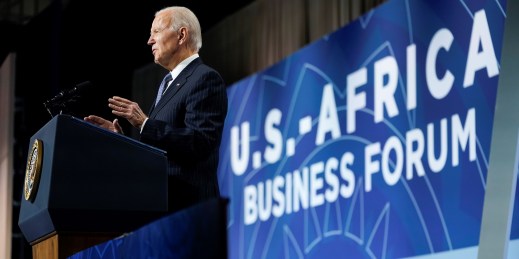
One year after U.S. President Joe Biden hosted the U.S.-Africa Leaders’ Summit, great power competition is still driving Washington’s Africa policy. So while the summit did produce some positive outcomes, engagement with civil society remains limited and human rights protection continues to be placed on the back burner.
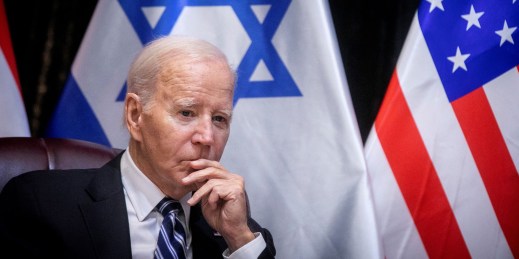
With the war in Gaza having intensified following the end of the recent U.S.-supported pause in fighting, it has become clear that this conflict is upending U.S. President Joe Biden’s plans for the Middle East: The war has dealt a body blow to Arab-Israeli normalization, while accelerating Iran’s regional integration.
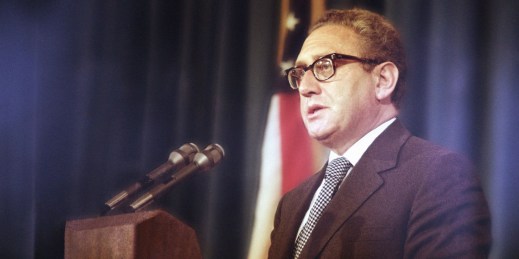
There has perhaps been no more polarizing figure in the realm of U.S. foreign policy than Henry Kissinger, who died last week at age 100. His realpolitik approach undoubtedly led to some success. But it also led Kissinger to advocate for policies whose moral grounding was dubious and whose foreign policy value was questionable.
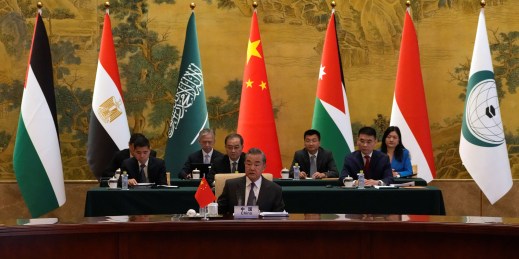
Beijing’s recent diplomatic moves have fueled the growing chorus of voices raising the alarm over China’s alleged desire to use the Israel-Hamas war to fundamentally challenge the U.S. role in the Middle East. However, it would be a mistake to perceive China as anything other than an opportunistic actor in the Middle East.
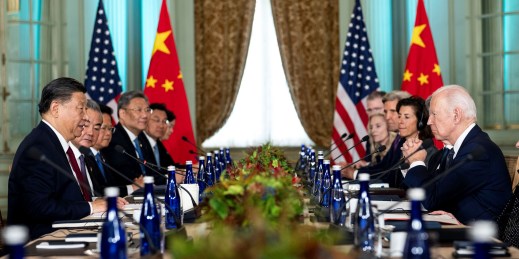
Though the recent meeting between U.S. President Joe Biden and Chinese President Xi Jinping was short on concrete outcomes, its key accomplishment, according to some observers, was to set a floor on U.S.-China relations. But even if setting a floor was the goal of the meeting, it’s concerning just how low the floor sits.

